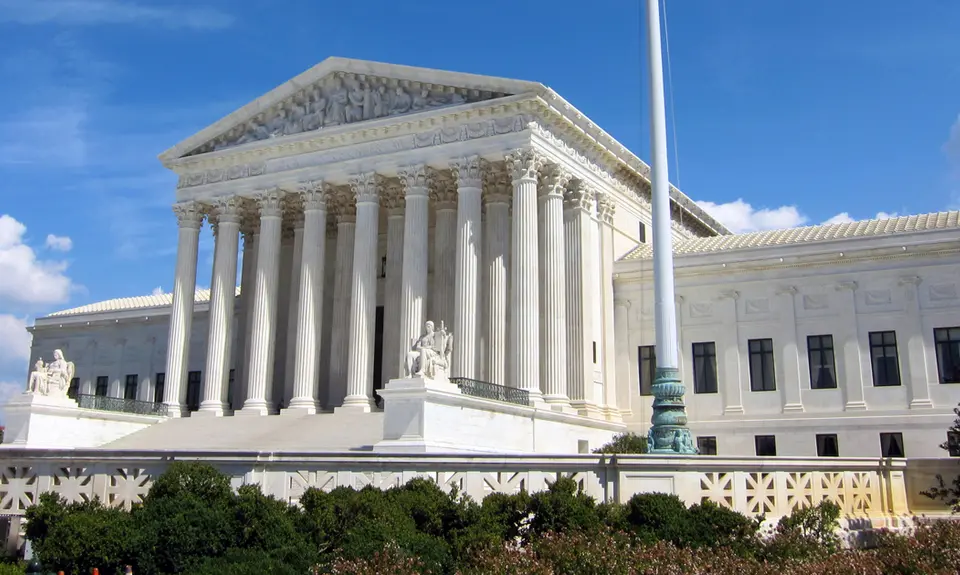“Confirmed Judges, Confirmed Fears” is a blog series documenting the harmful impact of President Trump’s judges on Americans’ rights and liberties. Cases in the series can be found by issue and by judge at this link.
Trump Eleventh Circuit Judges Andrew Brasher and Robert Luck affirmed an injunction that prevented a former pharmaceutical employee from working in his area of specialization despite almost 20 years of prior experience. The January 2021 decision was Larweth v Magellan Health Inc.
James Larweth has worked in the pharmaceutical industry for more than two decades, and has specialized for more than fifteen years in carve-out drug rebates, which are used to try to lower prescription drug costs. He began working for Magellan in that area in 2014, but was fired in 2018. He filed suit against Magellan for breach of contract, and set up his own company to work in the drug rebate area. Magellan counterclaimed, and requested a preliminary injunction prohibiting Larweth from working in the pharmaceutical rebate area based on a restrictive covenant in their employment agreement. A district court granted the preliminary injunction, and Larweth appealed.
In an unsigned 2-1 opinion by Trump judges Luck and Brasher, a panel of the Eleventh Circuit affirmed the injunction against Larweth. The primary issue on appeal was whether the restrictive covenant was reasonable under state law or whether it was “unreasonable” because it “precluded” him “from pursuing his occupation.” Like the district court, Luck and Brasher found that the restriction was reasonable because it did not prevent Larweth from working in the area of manufacture or general sales of pharmaceuticals, just the “niche rebate management corner of the market.”
Judge Beverly Martin dissented. As she pointed out, prior precedent makes clear that the issue is not whether Larweth could make a living in “other ways,” but whether the restrictive covenant would “unfairly restrain” his opportunity to pursue his “occupation.” The record shows, Judge Martin wrote, that Larweth had worked in the specific “pharmaceutical rebate management industry” for “the last thirteen years” and “almost all” of his career. Stopping him from working that area, Judge Martin concluded, was unreasonable. In addition, she noted, the restrictive covenant as drafted could well be interpreted as preventing him from “performing any work or services, of any kind” concerning pharmaceuticals.
Judge Martin would thus have reversed the preliminary injunction. As a result of the majority opinion by Trump judges Luck and Brasher, however, the lower court ruling will stand, potentially also harming other employees subject to such restrictive covenants in employment agreements.
